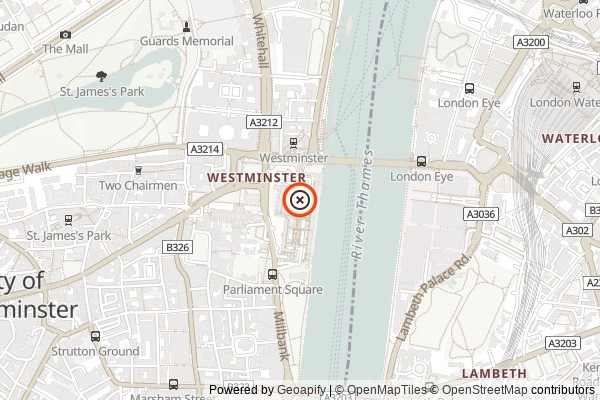Location
Palace of Westminster,
London,
SW1A 0AA
Dates
This exhibition CLOSED on Thu, 28th Sep 2017
This exhibition has finished.
Cost: Free of Charge
Description
The exhibition enables visitors to explore documents, paintings and objects which demonstrate the profound changes in Parliament and democracy that occurred during the war years.
A poignant addition to the exhibition will be a light projection of the names of those recorded on the First World War memorials in Parliament. These names include the 46 Parliamentarians and 26 Parliamentary staff killed in service.
The exhibition highlights personal sacrifice through the stories of people connected with Parliament, including William Leveson-Gower (1883-1918), a clerk who began working in Parliament in 1908. He witnessed the Foreign Secretary’s 1914 speech in the House of Commons Chamber on Britain’s intention to join the war, giving him a unique insight into the political developments of the day. Four years later, he joined the Coldstream Guards and served in France, where he was killed by an enemy shell in October 1918 – just two months before the war ended.
In Parliament, as elsewhere, women stepped up during the war to occupy many roles traditionally held by men, a development which was the subject of many serious debates at the time. Visitors to the exhibition will learn how that dynamic played out in Parliament itself, through the story of the Girl Porters - the first women to work in the House of Commons who were not either cleaning or kitchen staff. Dorothy Hart (age 18), Vera Goldsmith (age 16) and Elsie and Mabel Clark (ages 16 and 14), were employed only after serious consideration by the Serjeant-at-Arms. However, despite his concerns, the Girl Porters proved more than capable in their role delivering mail between the many offices of the House of Commons, and he wrote them glowing references at the end of the war.
At the beginning of the war Parliament passed the Defence of the Realm Act (DORA) which affected the domestic lives of those on the ‘Home Front’. The Act gave the Government sweeping powers to nationalise key industries, enforce press censorship, introduce British Summer Time and create licensing hours for pubs. The legislation was revised and extended throughout the war and new measures prevented people from buying binoculars, starting bonfires and feeding bread to wild animals. DORA even meant that people could not buy rounds of alcoholic drinks without fear of prosecution. Other Acts passed by Parliament with far reaching consequences on individual lives include the Military Service Acts passed in 1916 which introduced conscription.
--
Access is via the Cromwell Green Entrance. You will need to go through security to get in.
Contact and Booking Details
More information at this website.
No need to book tickets - just turn up on the day.
Disclaimer
The information and prices in this listing are presumed to be correct at the time of publishing, but please always check with the venue before making a special trip.
All images are supplied by the exhibition organiser.
This exhibition has finished.
This event runs over several days/weeks. Dates include:
Location
Palace of Westminster,
London,
SW1A 0AA







